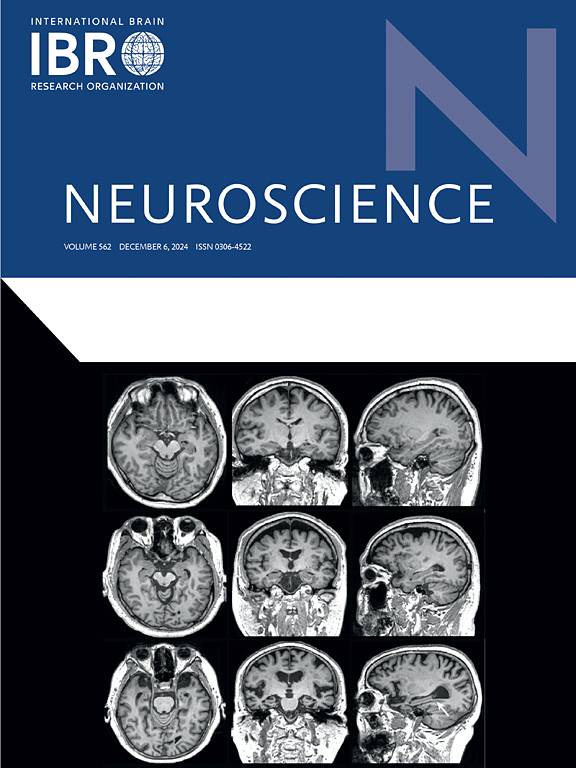综述:从旧药物到新方案:重新定位在阿尔茨海默病治疗中的作用。
IF 2.9
3区 医学
Q2 NEUROSCIENCES
引用次数: 0
摘要
药物重新定位或药物重新分析,涉及确定用于治疗其他疾病的已批准和以前放弃的药物的新适应症。传统的药物发现过程繁琐、耗时、危险且具有挑战性。幸运的是,药物重新定位概念的开始通过使用具有人体安全性的化合物加快了这一进程,从而大大降低了成本。阿尔茨海默病(AD)是一种严重的神经系统疾病,其特征是大脑进行性变性,治疗干预有限且效果较差。研究人员试图从现有的药物中找到潜在的治疗阿尔茨海默病的方法,然而,药物重新定位策略在阿尔茨海默病中的成功仍然不确定。本文简要讨论了药物重新定位策略的重要性和有效性,阿尔茨海默病(AD)药物开发的主要障碍,解决这些挑战的方法,以及机器学习在识别阿尔茨海默病早期标志物以改善管理中的作用。本文章由计算机程序翻译,如有差异,请以英文原文为准。

A review: From old drugs to new solutions: The role of repositioning in alzheimer’s disease treatment
Drug repositioning or drug reprofiling, involves identifying novel indications for approved and previously abandoned drugs in the treatment of other diseases. The traditional drug discovery process is tedious, time-consuming, risky, and challenging. Fortunately, the inception of the drug repositioning concept has expedited the process by using compounds with established safety profiles in humans, and thereby significantly reducing costs. Alzheimer’s disease (AD) is a severe neurological disorder characterized by progressive degeneration of the brain with limited and less effective therapeutic interventions. Researchers have attempted to identify potential treatment of AD from existing drug however, the success of drug repositioning strategy in AD remains uncertain. This article briefly discusses the importance and effectiveness of drug repositioning strategies, the major obstacles in the development of drugs for AD, approaches to address these challenges, and the role of machine learning in identifying early markers of AD for improved management.
求助全文
通过发布文献求助,成功后即可免费获取论文全文。
去求助
来源期刊

Neuroscience
医学-神经科学
CiteScore
6.20
自引率
0.00%
发文量
394
审稿时长
52 days
期刊介绍:
Neuroscience publishes papers describing the results of original research on any aspect of the scientific study of the nervous system. Any paper, however short, will be considered for publication provided that it reports significant, new and carefully confirmed findings with full experimental details.
 求助内容:
求助内容: 应助结果提醒方式:
应助结果提醒方式:


